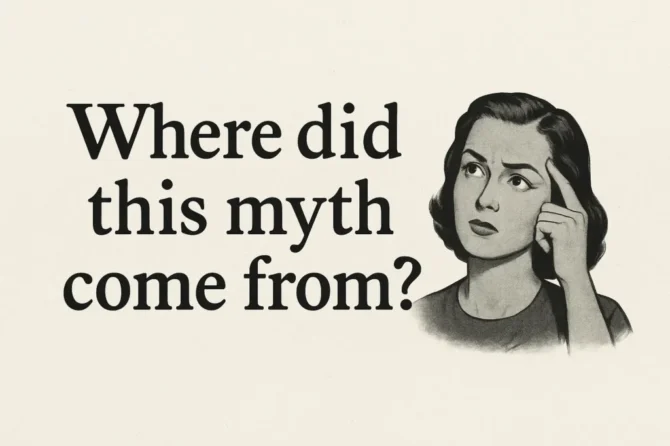Women Are Bad at Negotiation? Think Again
The narrative that women are inherently poor negotiators has persisted for decades, rooted more in stereotypes than in fact. Yet, real-world data and modern workplace studies are challenging this outdated belief. Women aren’t just capable negotiators—they often outperform men in collaborative and high-stakes settings. It’s time to rethink what negotiation success looks like and who is achieving it.
This article explores the origins of the myth, highlights key research that busts it, and reveals how women are redefining negotiation strategies across industries. From salary talks to boardroom deals, women are proving their strength as negotiators—every day.

Where Did This Myth Come From?
The narrative that women are inherently poor negotiators has persisted for decades, rooted more in stereotypes than in fact. Yet, real-world data and modern workplace studies are challenging this outdated belief. Women aren’t just capable negotiators—they often outperform men in collaborative and high-stakes settings. It’s time to rethink what negotiation success looks like and who is achieving it.
This article explores the origins of the myth, highlights key research that busts it, and reveals how women are redefining negotiation strategies across industries. From salary talks to boardroom deals, women are proving their strength as negotiators—every day.

Sheryl Sandberg, former COO of Facebook, famously negotiated her salary—twice. She cited studies showing women need to approach negotiations differently because of how assertiveness is perceived based on gender. Her success set a precedent for many women in tech and business.

In law, Judge Ketanji Brown Jackson is known for her negotiation acumen in navigating complex legal agreements and judicial appointments. Similarly, Mary Barra, CEO of General Motors, has steered multi-billion-dollar negotiations with governments and suppliers, proving that leadership and negotiation are gender-neutral skills
These women aren’t exceptions—they’re examples of a growing trend.
Barriers Women Still Face—and How They’re Overcoming Them
Despite progress, challenges remain:
Backlash effect: Women may be penalized socially for negotiating aggressively.
Lack of role models: In male-dominated industries, mentorship is limited.
Unconscious bias: Employers may perceive assertiveness in women as aggression
But solutions are emerging:
Companies are introducing bias training and transparent pay structures.
Negotiation workshops and leadership programs tailored for women are equipping professionals with customized tools.
Mentorship networks such as Lean In, Ellevate, and Women in Negotiation (WIN) are providing resources and support systems worldwide.
Why Gender-Inclusive Negotiation Benefits Everyone
When organizations support women in negotiation roles, everyone wins. Inclusive leadership leads to:
Better business outcomes
Diverse perspectives during deal-making
Stronger stakeholder trust
Research from Boston Consulting Group (2023) shows that companies with diverse leadership are 70% more likely to enter new markets successfully, a testament to the negotiation skills of diverse teams.
It’s not just about giving women a seat at the table—it’s about realizing they often bring tools and approaches that outperform traditional methods.
FAQ
Q1: Are men naturally better negotiators than women?
A: No. Studies show there’s no inherent difference. Context, experience, and social conditioning influence negotiation behavior more than gender.
Q2: Why do fewer women negotiate salaries?
A: Fear of backlash, societal expectations, and lack of transparency in pay often discourage women. However, as awareness grows, this trend is changing.
Q3: Can women be assertive without being labeled aggressive?
A: Yes. Women who balance assertiveness with empathy and clear communication are often seen as strong leaders. The perception is evolving.
Q4: How can companies support women negotiators?
A: Through mentorship programs, transparent promotion policies, inclusive training, and leadership roles that value collaboration over domination.



